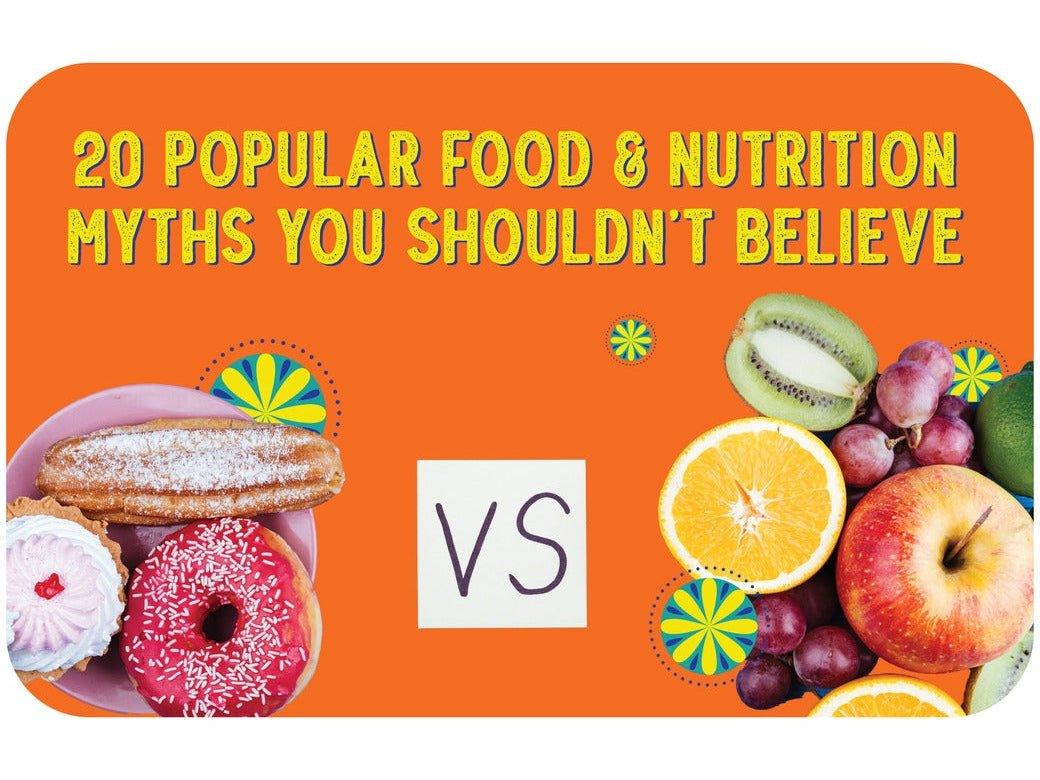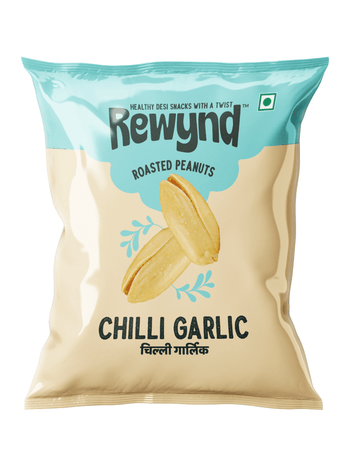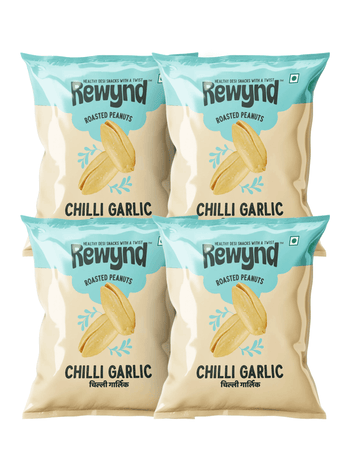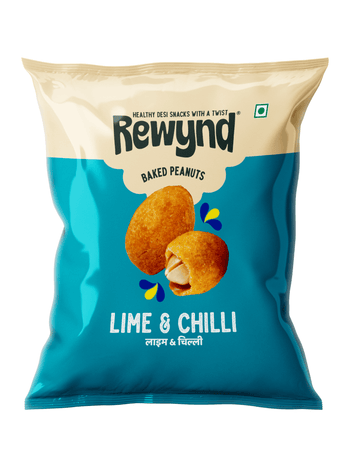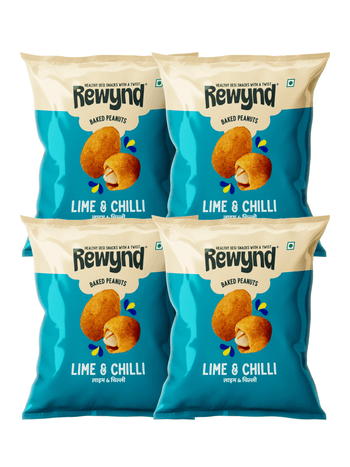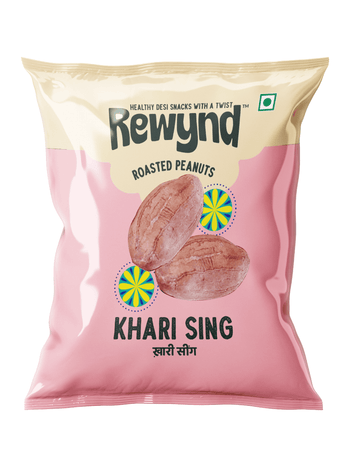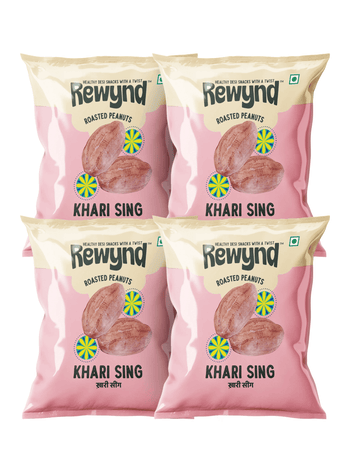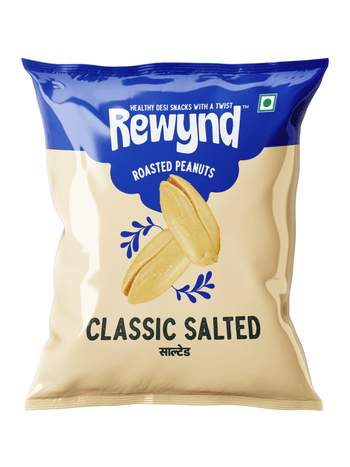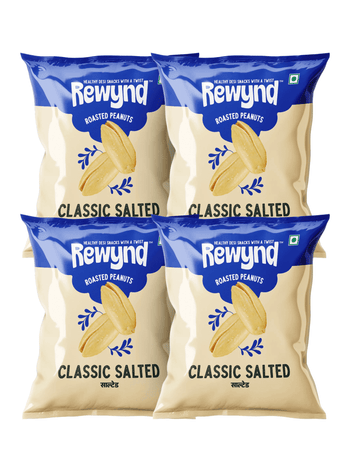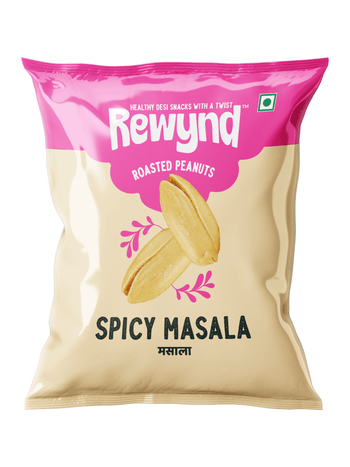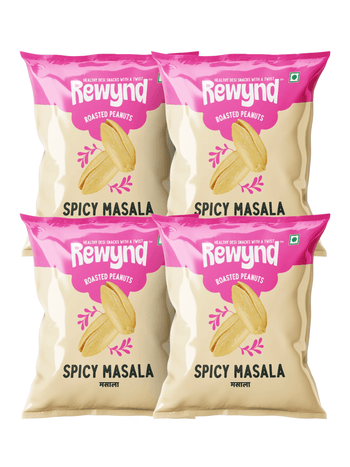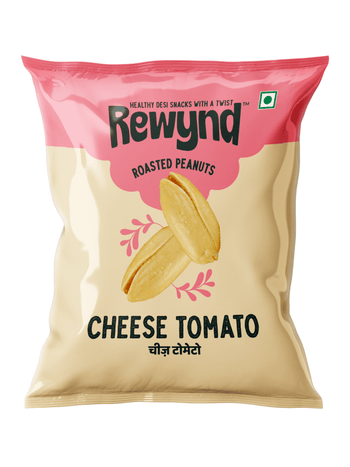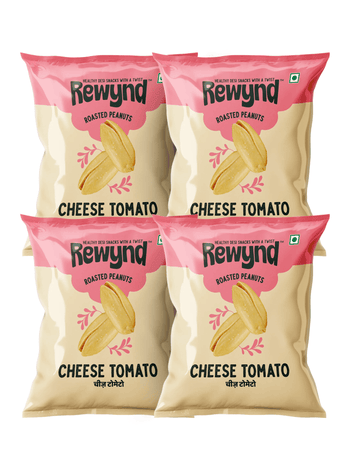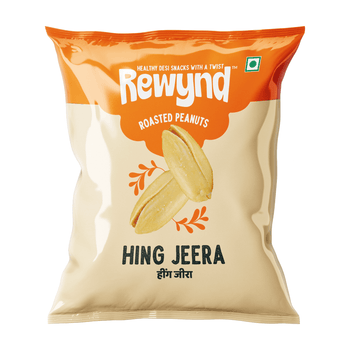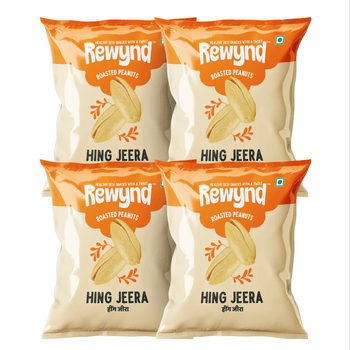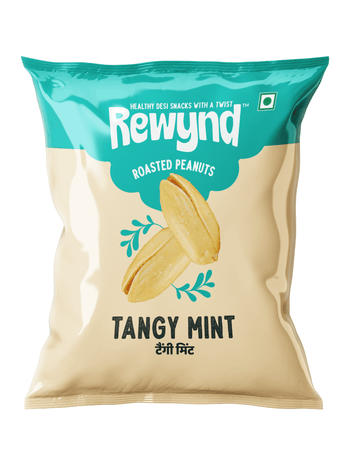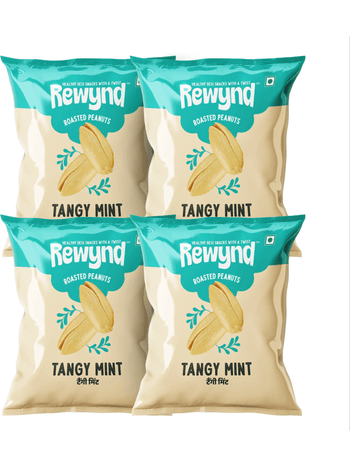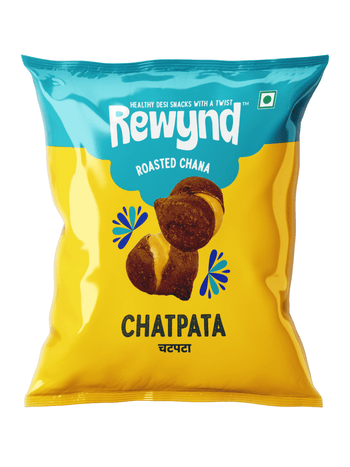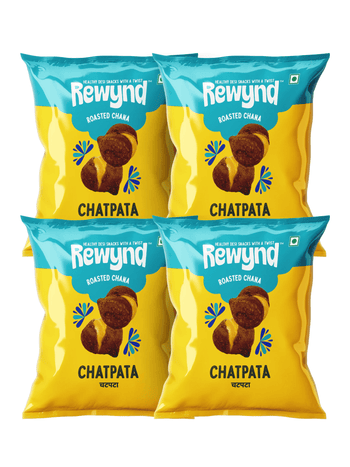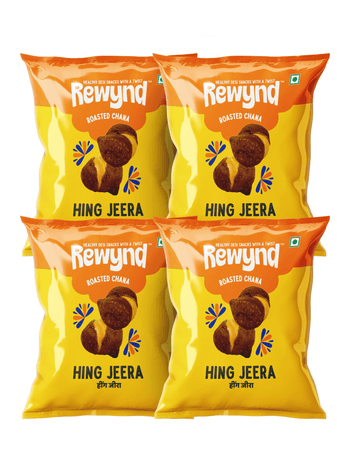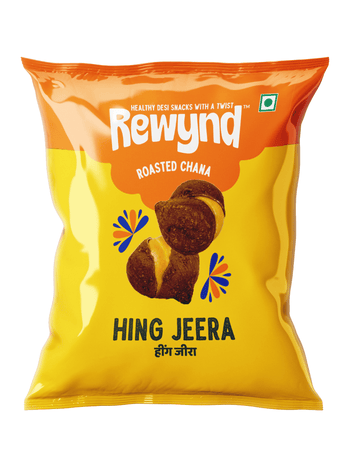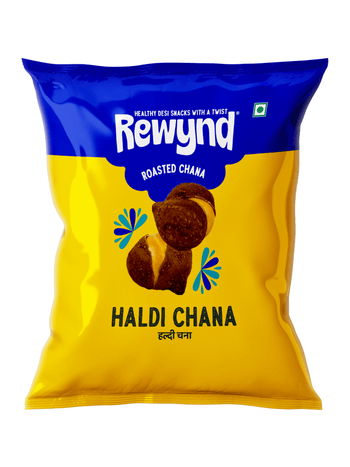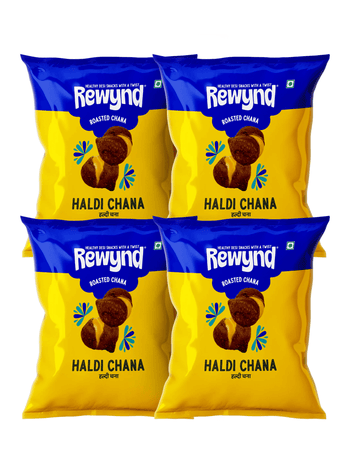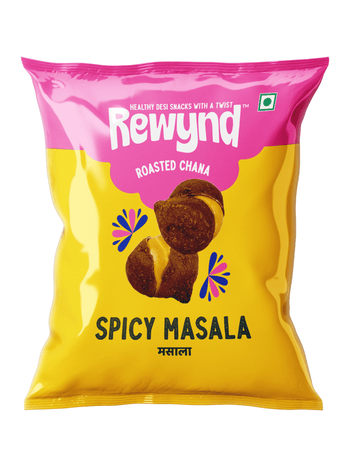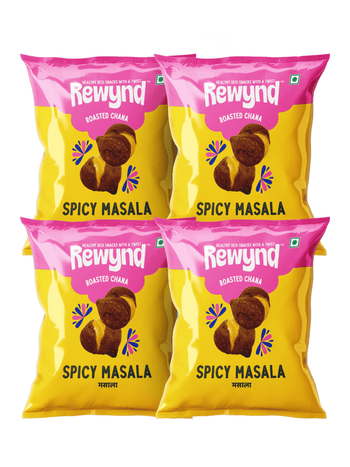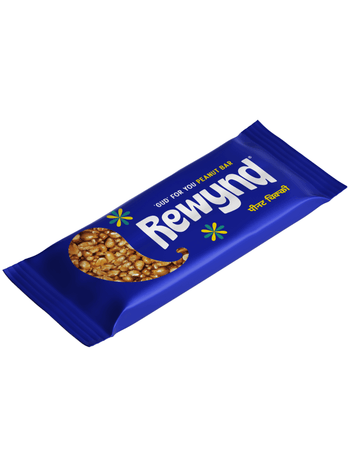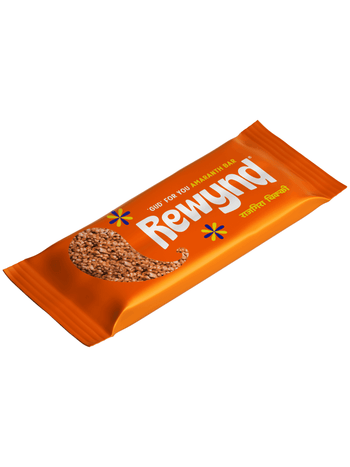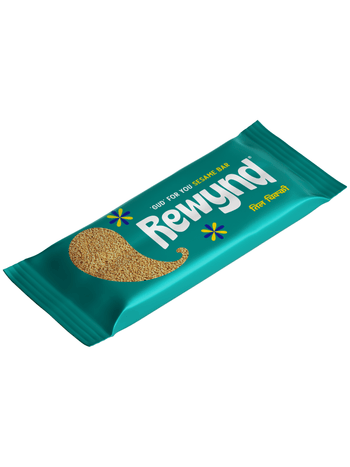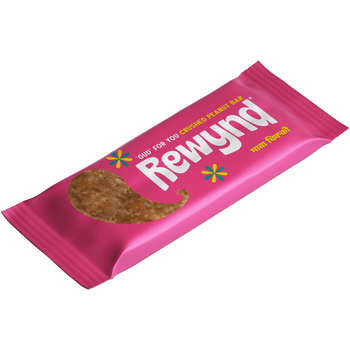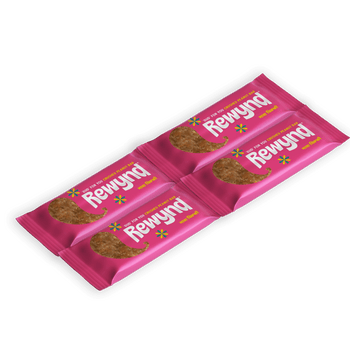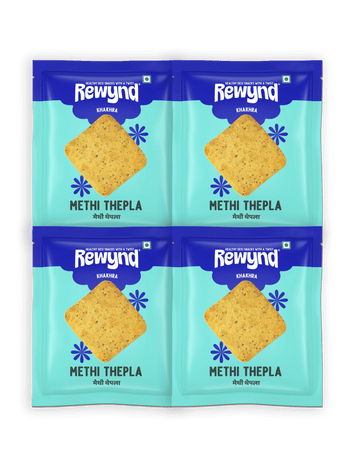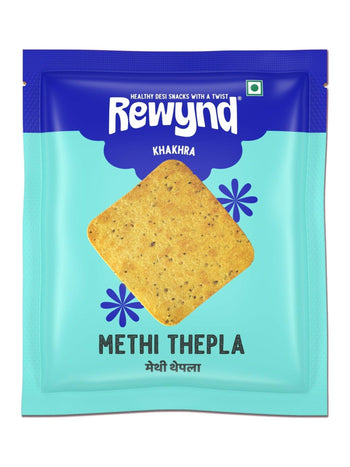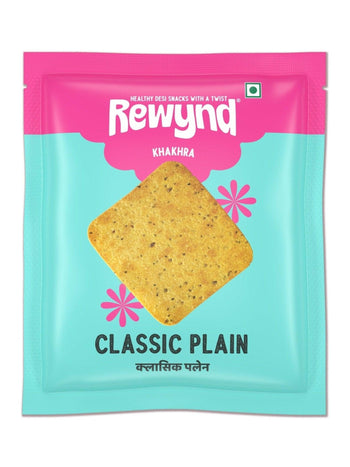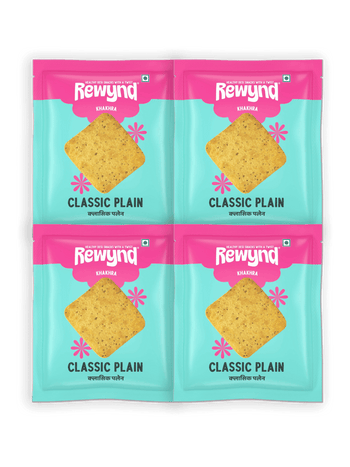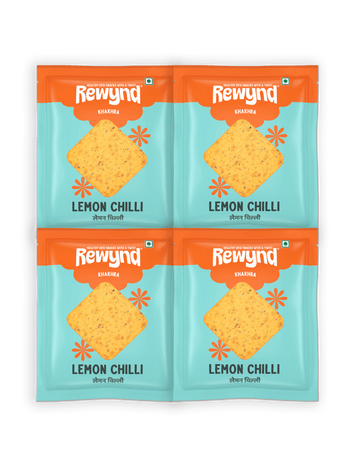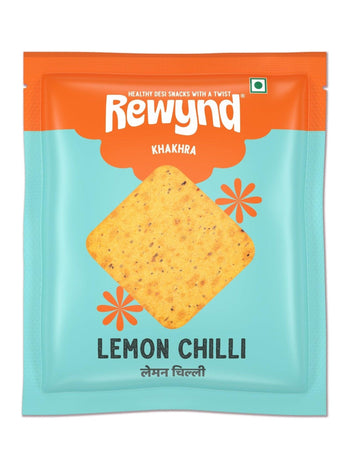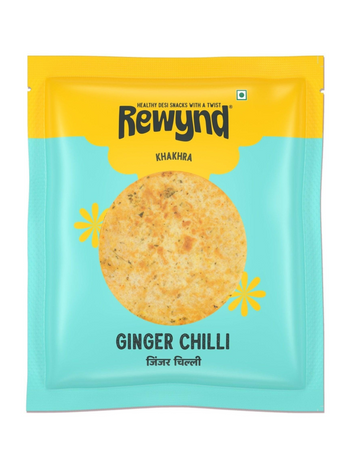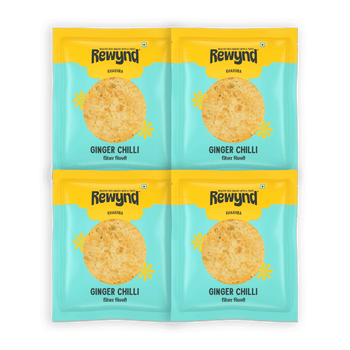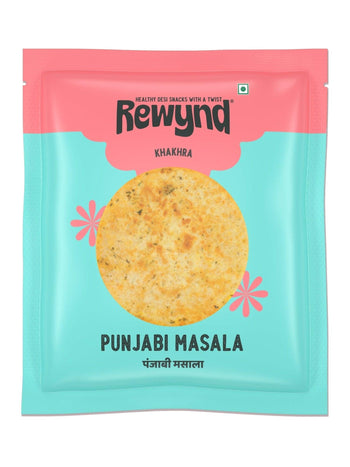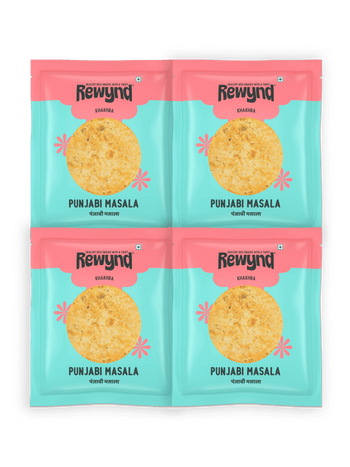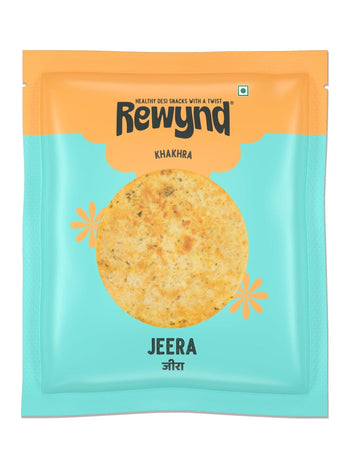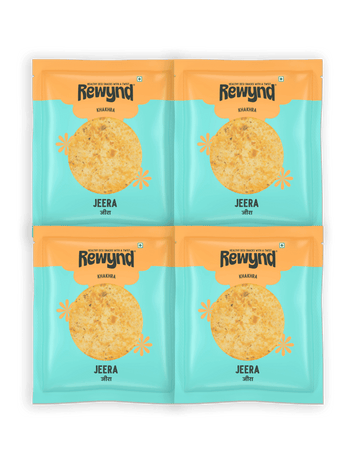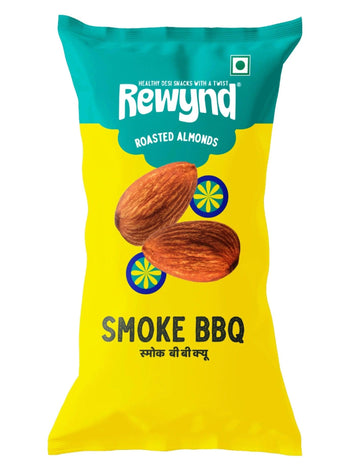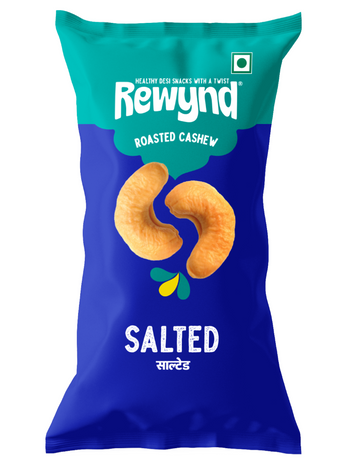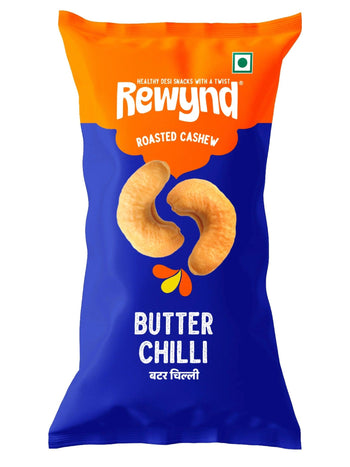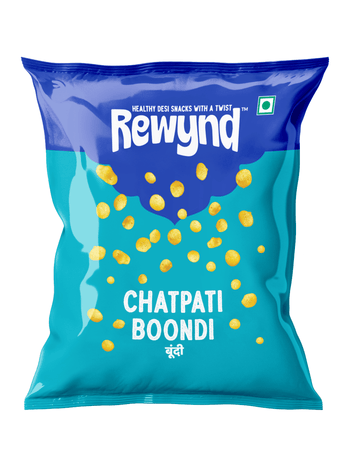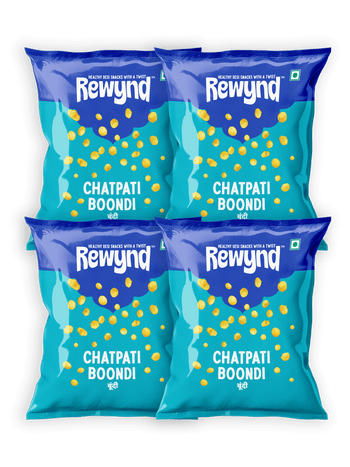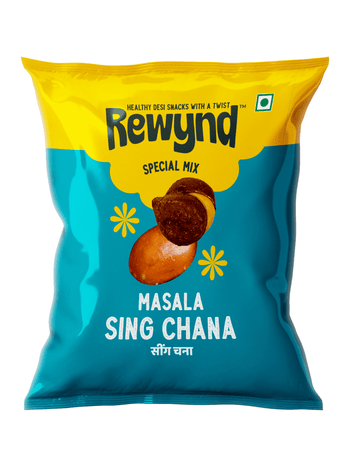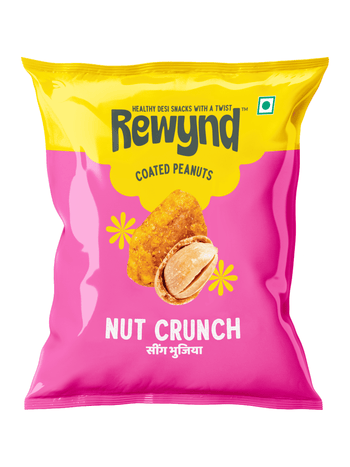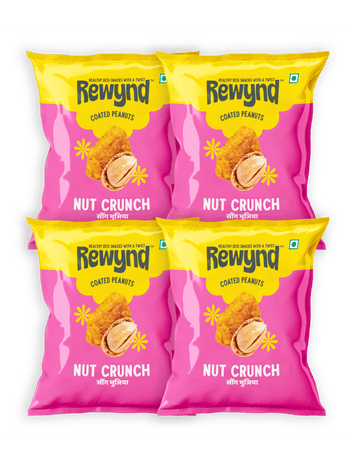Did you know that 59% of adults look for health benefits from what they eat and drink, apart from basic nutrition? Yet, amidst this surge in health-conscious snacking, numerous myths clutter our understanding of what's healthy. At Rewynd Snacks, where health meets taste, we're set to challenge these myths with a pinch of science and a splash of fun. Are you ready to see which food fables are spoiling your snack time?
Why Should You Be Aware of Food Myths?
Peeling away the layers of common misconceptions in nutrition not only clarifies your dietary choices but also liberates you from unnecessary guilt and restrictive eating habits. It's about savouring your meals with joy and confidence, knowing you're truly nourishing your body.
20 Popular Food and Nutrition Myths You Shouldn't Believe

1. Carbs are the enemy. Reality: Carbohydrates, especially whole grains, are essential for a balanced diet, providing energy and aiding in digestive health. It's the type and quantity of carbs that matter most.
2. Avoid fat to stay fit. Reality: Healthy fats from avocados, nuts, and seeds are crucial for brain health and energy balance. You should watch out for trans fats and excessive saturated fats.
3. Eating at night causes weight gain. Reality: Weight gain is about how much you eat throughout the day, not just at night. What's more critical is the total caloric intake versus expenditure.

4. Supplements can completely replace whole foods. Reality: While supplements can complement your diet, they lack the complex mix of nutrients that whole foods offer, vital for overall health.
5. Detox diets flush out toxins. Reality: Your body is already equipped with detox warriors like the liver and kidneys. Balanced nutrition supports these organs more than any quick-fix diet.

6. Eggs are bad for your heart. Reality: Eggs are a powerhouse of nutrition, packed with high-quality protein and essential nutrients. They do contain cholesterol, but for most people, they don't significantly impact blood cholesterol levels.
7. Frozen foods are less nutritious than fresh ones. Reality: Freezing preserves most nutrients, making frozen fruits and vegetables often as good as, if not better, fresh ones, especially if the "fresh" produce has travelled long distances.
8. Dairy is the only good source of calcium. However, Leafy greens, almonds, and fortified plant milks can also be excellent sources of calcium.
9. Gluten-free diets are healthier. Reality: Unless you have celiac disease or a gluten intolerance, there's no proven health benefit to avoiding gluten, and you might miss out on vital nutrients found in whole grains.
10. Protein bars are always healthy. Reality: Many protein bars are essentially candy bars in disguise, packed with sugar and artificial ingredients. Always check the label for whole, nutritious ingredients.

11. Juicing is superior to eating whole fruits. Reality: Juicing removes fibre and can lead to a higher sugar intake per volume, making whole fruits a healthier choice.
12. Margarine always beats butter. Reality: Not all margarines are created equal. Some contain unhealthy trans fats, so it's essential to read labels and choose options with no trans fats and healthy oils.
13. Red meat is universally bad for you. Reality: Lean cuts of red meat provide high-quality protein and essential nutrients like iron. Moderation is key.
14. Salads are the healthiest option. Reality: Salads can be nutrient-packed, but high-calorie dressings and toppings can turn them into calorie bombs.

15. Starvation diets are effective for long-term weight loss. Reality: Not only is this unsustainable, but it can also harm your metabolism. A balanced diet and regular exercise are the keys to sustainable weight loss.
16. Sugar-free automatically means healthy. Reality: Sugar-free products often make up for taste with additives that can be just as unhealthy as sugar, if not more so.
17. All vegan diets are healthy. Reality: A vegan diet can be very healthy if well-planned, but it requires careful attention to nutrient intake to avoid deficiencies.
18. Drinking eight glasses of water a day is a must. Reality: Hydration needs vary based on activity level, climate, and individual health. Drink when you're thirsty and adjust as your body requires.
19. Fat-free foods aid in losing weight. Reality: Removing fat often means adding sugar or salt to compensate for lost flavour, which can be counterproductive for weight management.
20. Skipping breakfast causes weight gain. Reality: What matters is your overall daily nutritional balance; skipping breakfast can be a personal choice if it fits your lifestyle and total caloric intake.

Crunching these 20 food myths adds to our snack-time fun and enriches our journey towards a healthier life. Remember, the key to healthy eating is balance, not fear. So, grab your favourite Rewynd Snack, and let's toast to good health and great tastes, free from myths!

